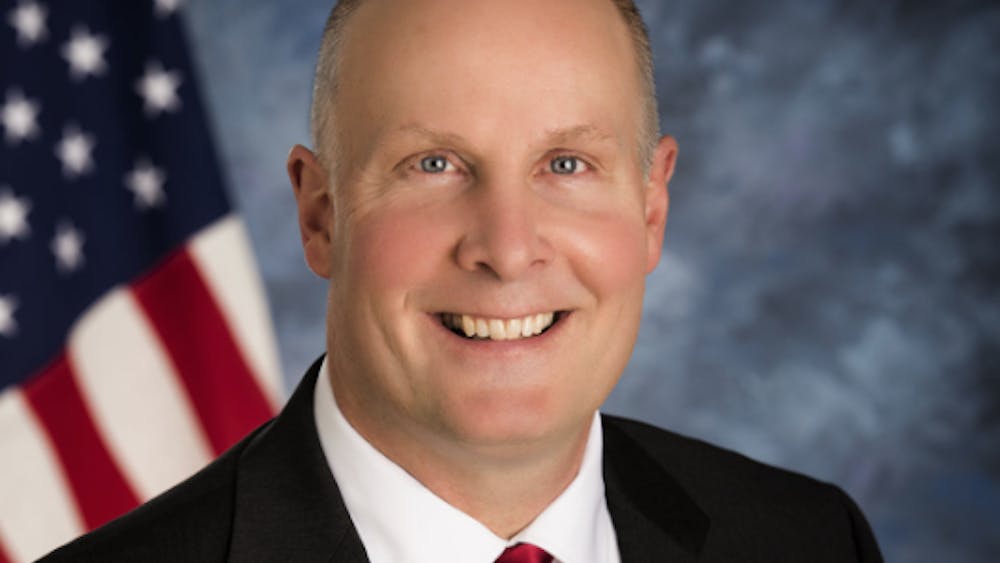Community leaders working to restore SANE services in Mount Pleasant hospitals
A small box containing a series of envelopes could be the difference between a sexual assault complainant seeing a rapist arrested or watching an attacker walk free.
In 2011, Women's Aid in Mount Pleasant lost a federal grant for a Sexual Assault Nurse Examiner program at McLaren Central Michigan that funded the SANE program. As of 2013, if a patient tells the hospital they have been sexually assaulted, they are able to get a rape kit done, but it is questionable whether the kit will stand up in court.
"They can get a kit done," said Roger Skrabut, Director of the Heart & Vascular Center at McLaren. "There are certain ways it needs to be done. Right now we don't have anybody in the emergency department that has completed certification for this."
Skrabut is part of a team of community members working to restore the SANE program at McLaren. Along with him, the Central Michigan University Police Department, representatives from Foust Hall and members of the Sexual Assault Response Team through the Saginaw-Chippewa Tribe have been meeting to figure out funding and solve logistical matters to restore the service.
The committee's goal is to restore the SANE program by this fall.
"It is important to be a SANE versus a RN because there's conversations that can occur while this process is going on and we want to make sure the nurse is compassionate, caring, answering the questions, helping the victim," Skrabut said. "(Want want to make sure) they're not just moving down this recipe, checking off these things to get out of the room as quickly as possible."
Brooke Huber, the leader of SART, said the committee is working to secure funding that would restore the service for a sustainable period, rather than through a grant which will expire. Huber said having these specially-trained nurses will increase reporting among victims.
"If you are reporting to law enforcement, (police) want that forensic evidence," she said. "It'll still get turned over to police. The problem with not having appropriately trained people is that can be challenged in court."
Huber estimates the cost of SANE is about $20,000 per year. It will cost $1,000 for a one-time training of each nurse. The rest of the funding would go to compensation for trained nurses who are on call.
Skrabut said nurses complete 40 hours of online training, one day of intense training at the hospital where they will undergo a mock evidence collection, mock trial and mock interview with a "victim."
These nurses will be trained to administer a rape kit, which usually takes three or four hours. The exam starts with a thorough medical history from the complainant. Next, there is a head-to-toe, detailed examination and assessment of the entire body, including an internal examination. This includes collection of blood, urine, hair and photo documentation of injuries. Then, the nurse speaks about treatment for sexually transmitted inflections that the complainant may have been exposed to.
Since the kit from McLaren may be challenged in court after being performed by a not certified nurse, victims may be sent to other hospitals that have SANE programs to obtain a rape kit. Lt. Larry Klaus, part of the committee to restore SANE, said CMUPD will transport assault complainants to Midland to obtain services at Shelterhouse.
"Usually the examiner will be the first contact a survivor has," Klaus said. "(Medical personnel) should be trained to talk to survivors with a compassionate, empathetic approach."
Klaus added that a bad first contact experience can shut a victim down.
"We want (the service) in place," he said. "We want a trained person available on the front end. It's best practices of what needs to be accomplished in providing services to victims."



